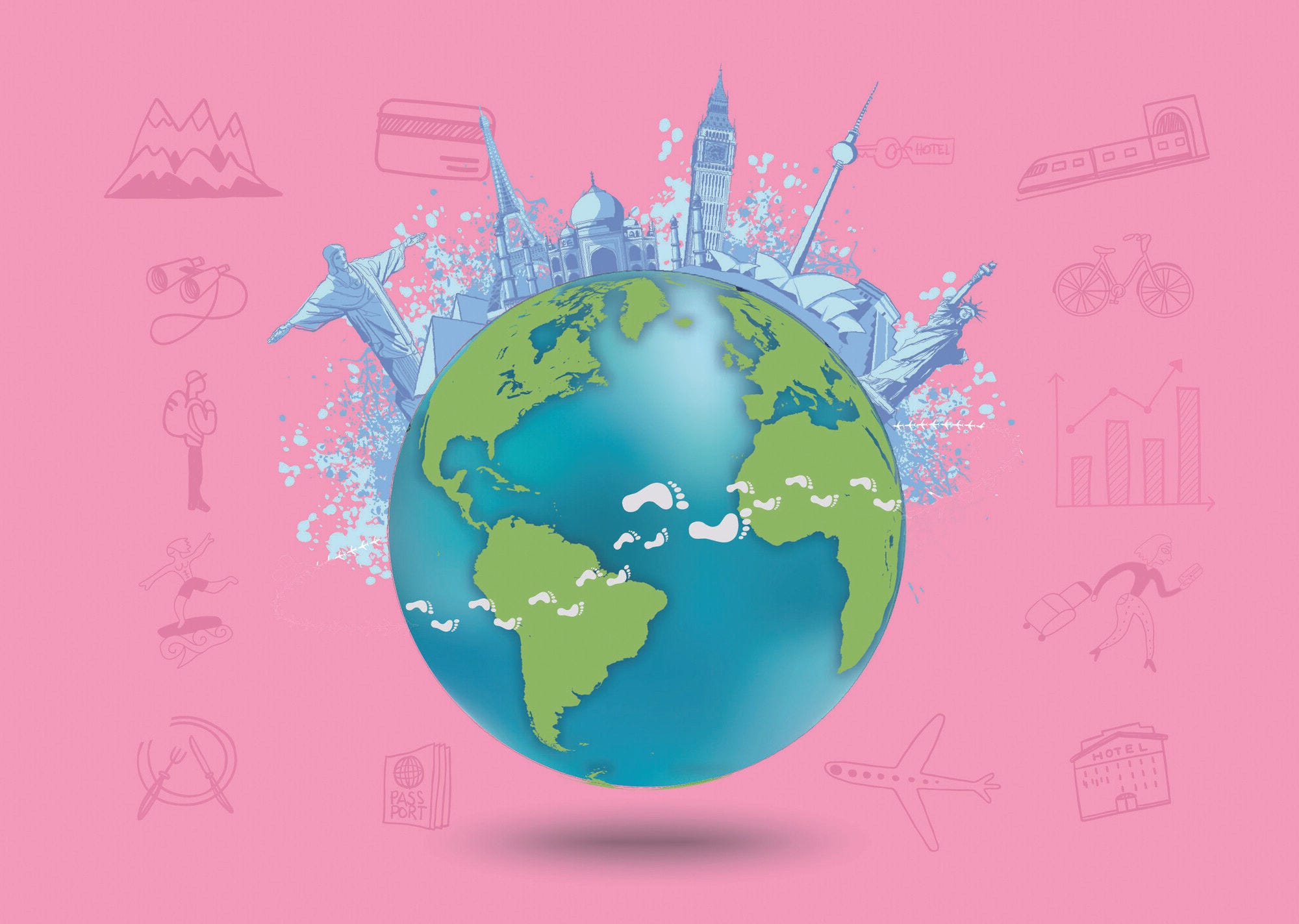Ireland’s policy statement People, Place and Policy – Growing Tourism to 2025 guides the development of tourism to deliver on three headline targets to increase tourism revenues, jobs and overseas visits by 2025. A Sustainable Tourism Working Group established to support the implementation of the policy set out Guiding Principles for Sustainable Tourism Development in Ireland, together with a suite of Actions to Promote Sustainable Tourism Practices 2021-23 (see box below).
A new national tourism policy was initiated in 2022 to help mainstream sustainable economic development across the country. It prioritises environmental protection, with a focus on reducing seasonality, to ensure a thriving tourism sector by 2030, consistent with climate change commitments. Initial consultations with key stakeholders were completed in 2023, and in early 2024, an online survey was launched seeking the views of the public to help finalise the Framework. Matters raised in the survey are being fully considered in the finalising of the policy framework, which is due to be published soon. The final policy framework will focus on tourism workforce, innovation, product development, regional distribution, seasonality and the impact of broader Government and international decisions, aiming to increase sustainability through the promotion of sustainable travel options, like greenways, blueways and walking holidays, and improving biodiversity.
In addition to the national policy framework, Fáilte Ireland has launched four new Regional Tourism Development Strategies 2023-27 for Ireland’s Ancient East, Wild Atlantic Way, Hidden Heartlands and Dublin, which provide a framework for sustainable tourism development across Ireland. The strategies are implemented across all regions through local area action plans, or Destination and Experience Development Plans. The collaborative plans involve all local stakeholders, with ownership of actions assigned to various parties.
Ireland has prioritised several actions to enhance tourism employment and skills in the country (see Box 2.3). Launched in 2022, the Employer Excellence programme helps participating businesses improve their employer practices and enhance their reputation as excellent employers. This was supported by learniFI, a new learning management system launched by Fáilte Ireland in 2023, offering online courses to support the development of careers in tourism, the Transition Year Work Placement Programme, giving secondary school students a high-quality work placement in tourism, and the Tourism and Hospitality Careers Oversight Group, a public-private sector initiative focusing on recruitment and retention strategies.
Additionally, the National Skills Strategy 2025 Ireland’s Future includes a new suite of third-level education programmes to encourage the retention and recruitment of talent for the tourism and hospitality sector. The online skills-focused programmes provide tourism and hospitality employees with access to qualifications that help advance their careers in the sector.
Fáilte Ireland has also started working on a new digitalisation strategy for the tourism sector, building in the success of the Digital that Delivers programme, which helps tourism businesses increase their online presence. The programme includes a focus on emerging technologies like Generative AI, Augmented Reality and Virtual Reality and will support over 700 businesses by 2026, resulting in additional economic activity of EUR 408 million over a 10-year period.
The Shared Island Initiative Report 2022 – Action on a Shared Future outlines the second year of the Shared Island Initiative, demonstrating the Government’s commitment to engage with all communities and traditions to build a shared future on the island. An online Shared Island Dialogue on Tourism brought together tourism agencies, organisations, interest groups and civil society to assess tourism co-operation and explore future economic opportunities for Ireland and Northern Ireland.
Additionally, Ireland will receive up to EUR 84.5 million from the EU Just Transition Fund over the period to 2027 to support areas heavily dependent on carbon-intensive activities to diversify their economy. Ireland benefited from a total budget of EUR 169 million for this project, of which EUR 68 million are allocated to tourism initiatives, such as regenerative tourism projects in communities impacted by the decline in peat production, planning for sustainable tourism and a climate action roadmap.

